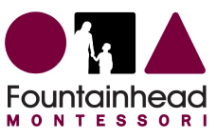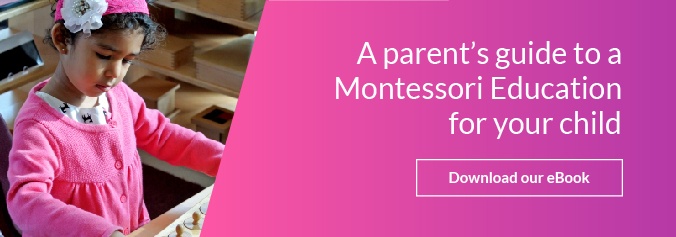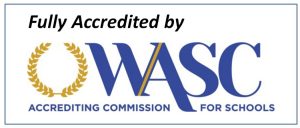When exploring educational options for their children, many parents ponder whether a Montessori education is more challenging than a traditional public school education. This question is important because it touches on the core of what parents want for their children: a stimulating, enriching, and appropriately challenging educational environment. To understand this, we need to delve into the differences between Montessori and public education systems and what 'challenging' means in this context.
Understanding Montessori and Public Education
Montessori education, developed by Dr. Maria Montessori, is a child-centered approach to learning. It emphasizes self-directed learning, mixed-age classrooms, and a specially prepared environment designed to foster independence and a natural love of learning.
Public education, on the other hand, is more teacher-directed and follows a standardized curriculum. The focus is often on meeting specific educational standards and benchmarks, with an emphasis on traditional teaching methods and assessments.
Defining 'Challenging' in Education
The term 'challenging' can be subjective when it comes to education. For some, it implies rigorous academic standards and a high volume of homework; for others, it means an environment that stimulates critical thinking, creativity, and personal development.
Academic Challenge
Public schools often have a clear structure with defined academic standards. The challenge here is meeting and exceeding these standards, which can include standardized testing and performance metrics.
In Montessori schools, the challenge is more individualized. Students are encouraged to explore subjects deeply and at their own pace. This self-directed learning can be challenging as it requires internal motivation and a deep engagement with the material.
Social and Emotional Challenge
Montessori education places a significant emphasis on social and emotional development. Children in Montessori schools are often faced with tasks that require problem-solving, collaboration, and independent thinking, which can be challenging in different ways than traditional academic work.
Public schools, while they do address social and emotional learning, often do so within a more structured and teacher-guided framework.
Personalized Learning Approach
Montessori’s personalized learning approach means that children are often working on tasks that are optimally challenging for their level. This contrasts with the one-size-fits-all approach in many public schools, where some students may find the material too challenging, while others may not find it challenging enough.
Independence and Self-Discipline
Montessori education challenges students to become self-disciplined and independent learners. This aspect of Montessori can be more demanding for some students, especially those who are used to more structured and guided learning environments.
Creativity and Innovation
In Montessori schools, the challenge often lies in the realm of creativity and innovation. Students are encouraged to think outside the box and come up with their own ideas, which is a different kind of challenge than memorizing facts or following set procedures.
Whether a Montessori education is more challenging than public education depends largely on how one defines 'challenging.' While public schools often have a more standardized approach to challenge, with a focus on academic performance and adherence to curriculum standards, Montessori schools offer a different kind of challenge. They encourage self-directed learning, creativity, and personal growth. Both systems have their merits, and the choice depends on the individual child’s learning style and needs. For parents, understanding these differences is key to making the best educational choice for their child.












Let us know what you think about this post
Put your Comment Below: